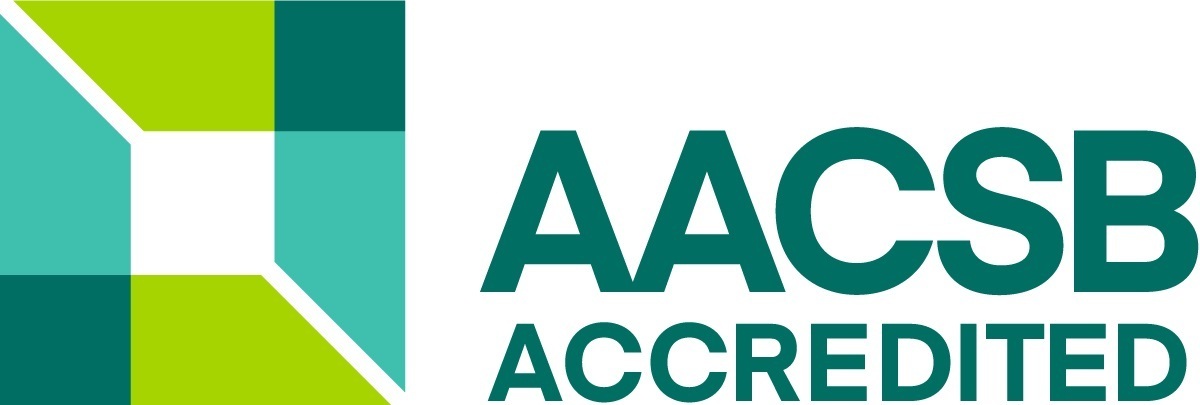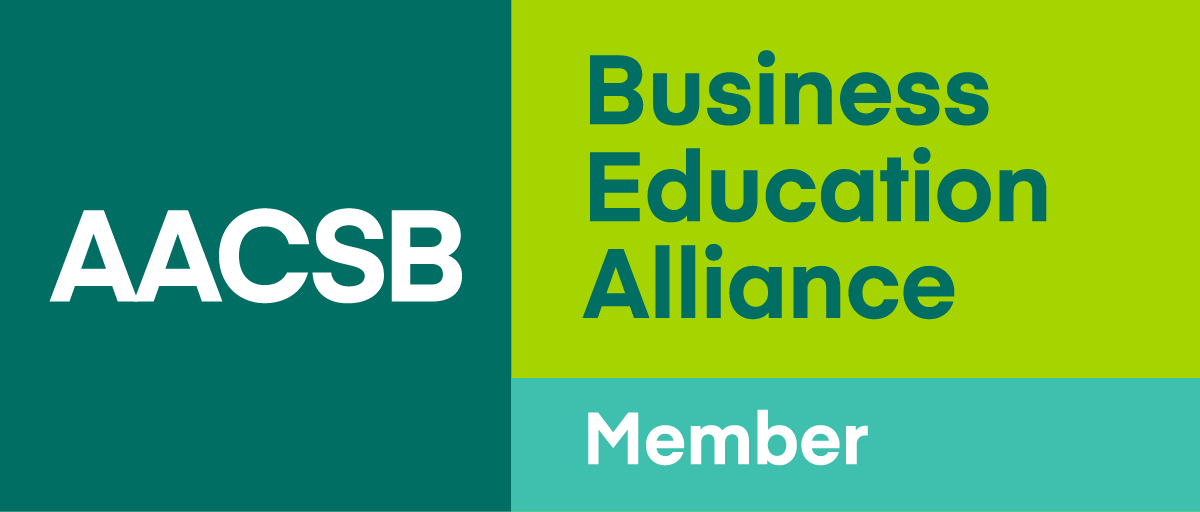【Student】International Conference Experiences Sharing Seminar
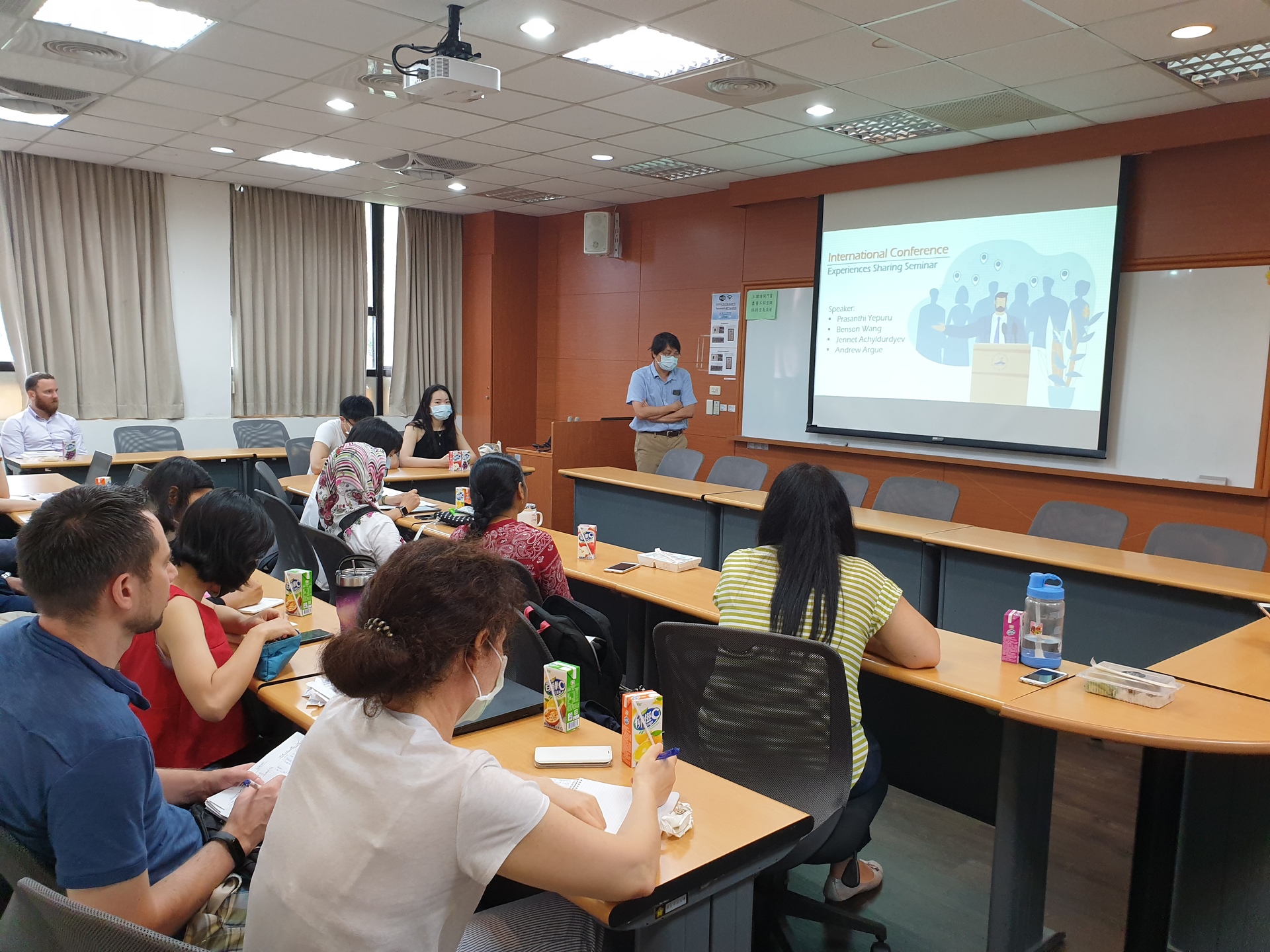
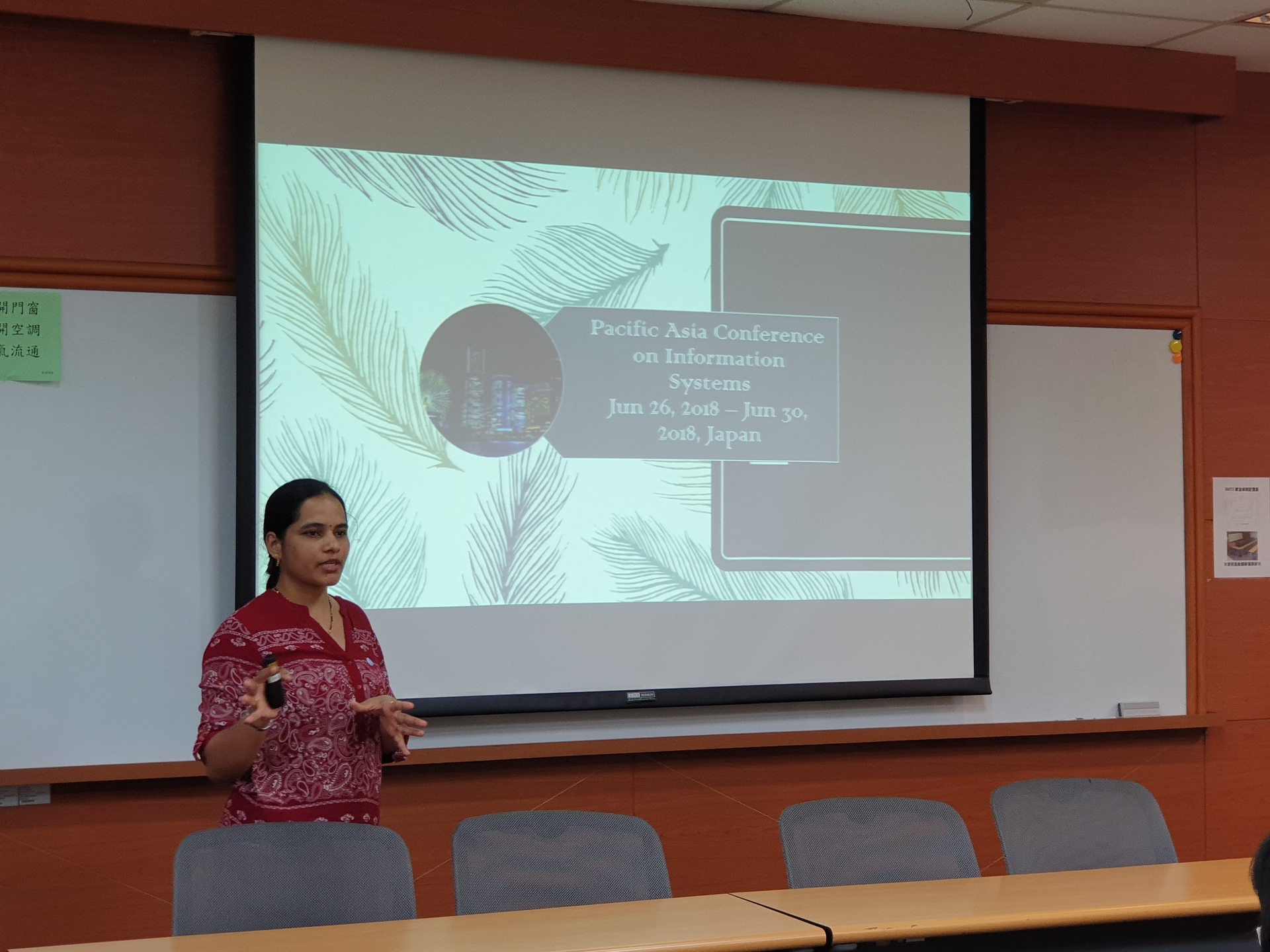
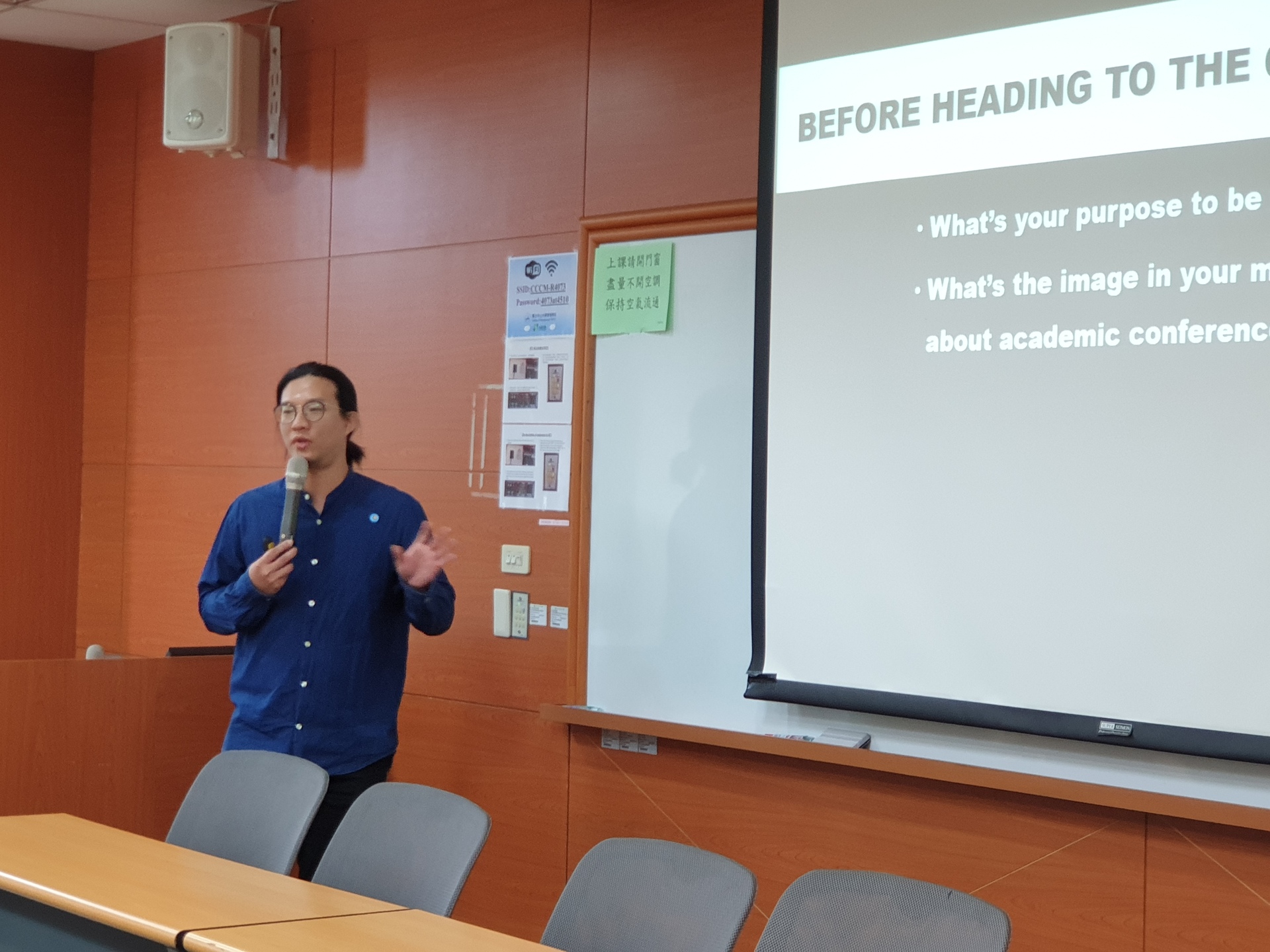
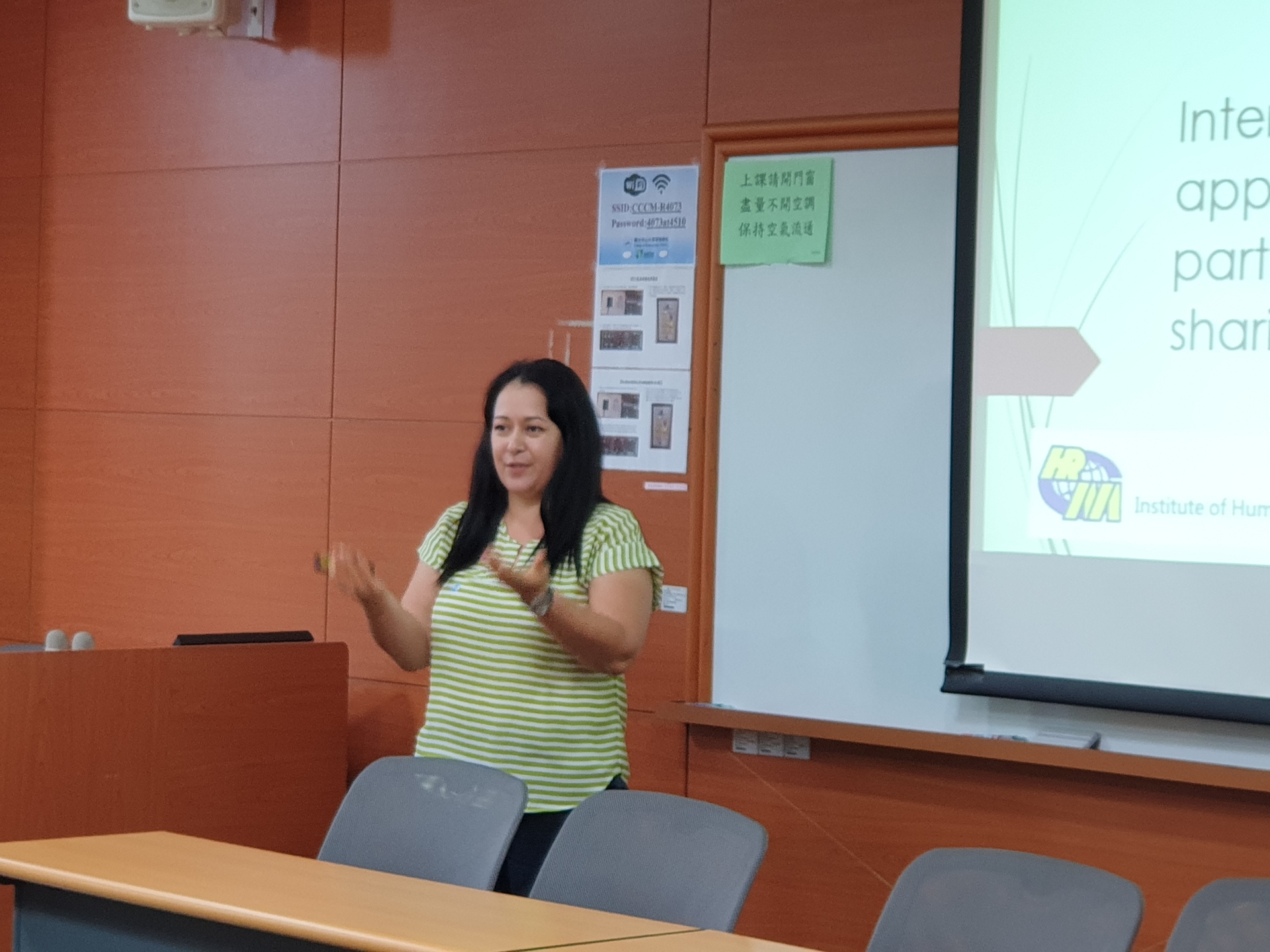
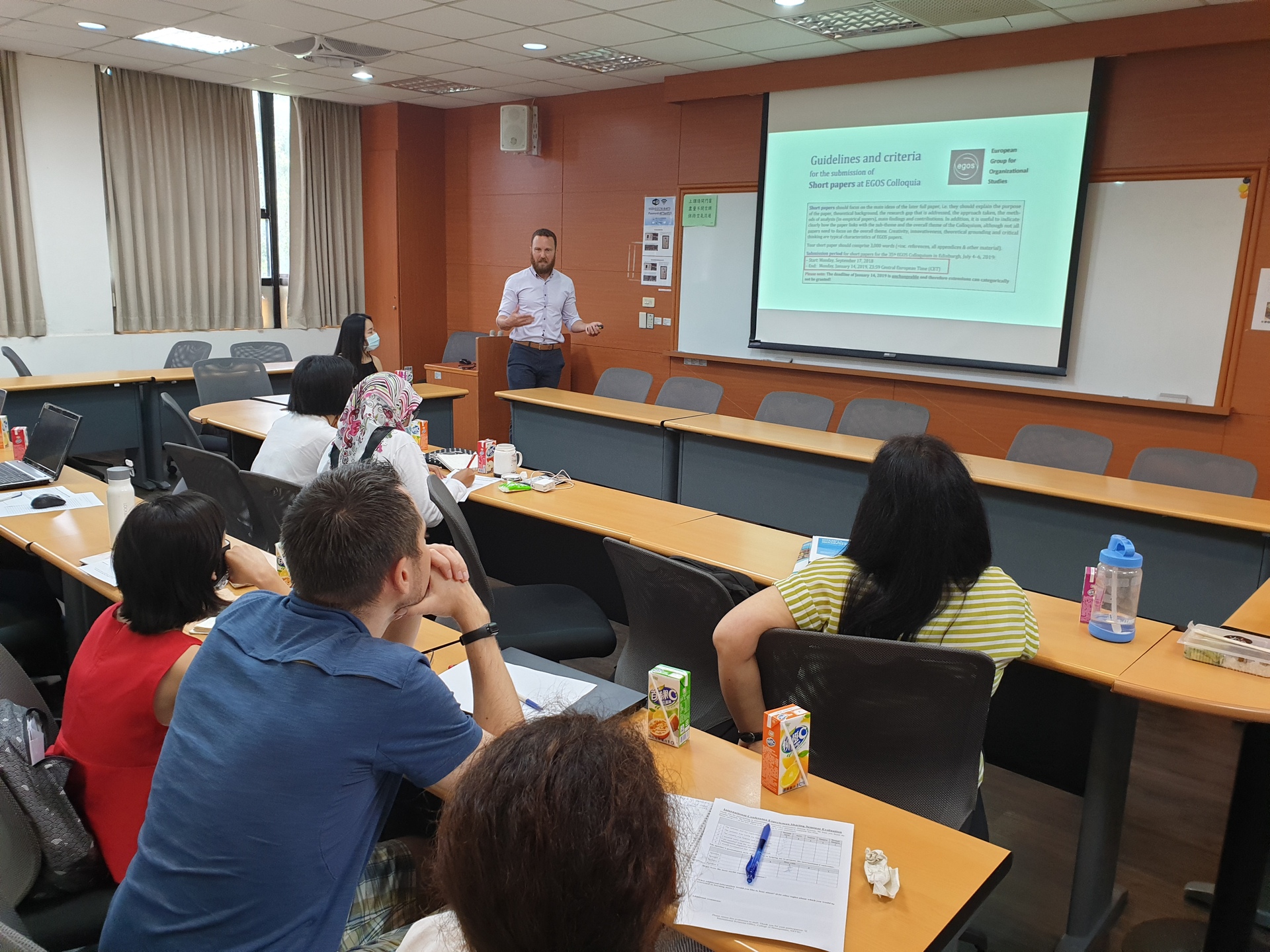
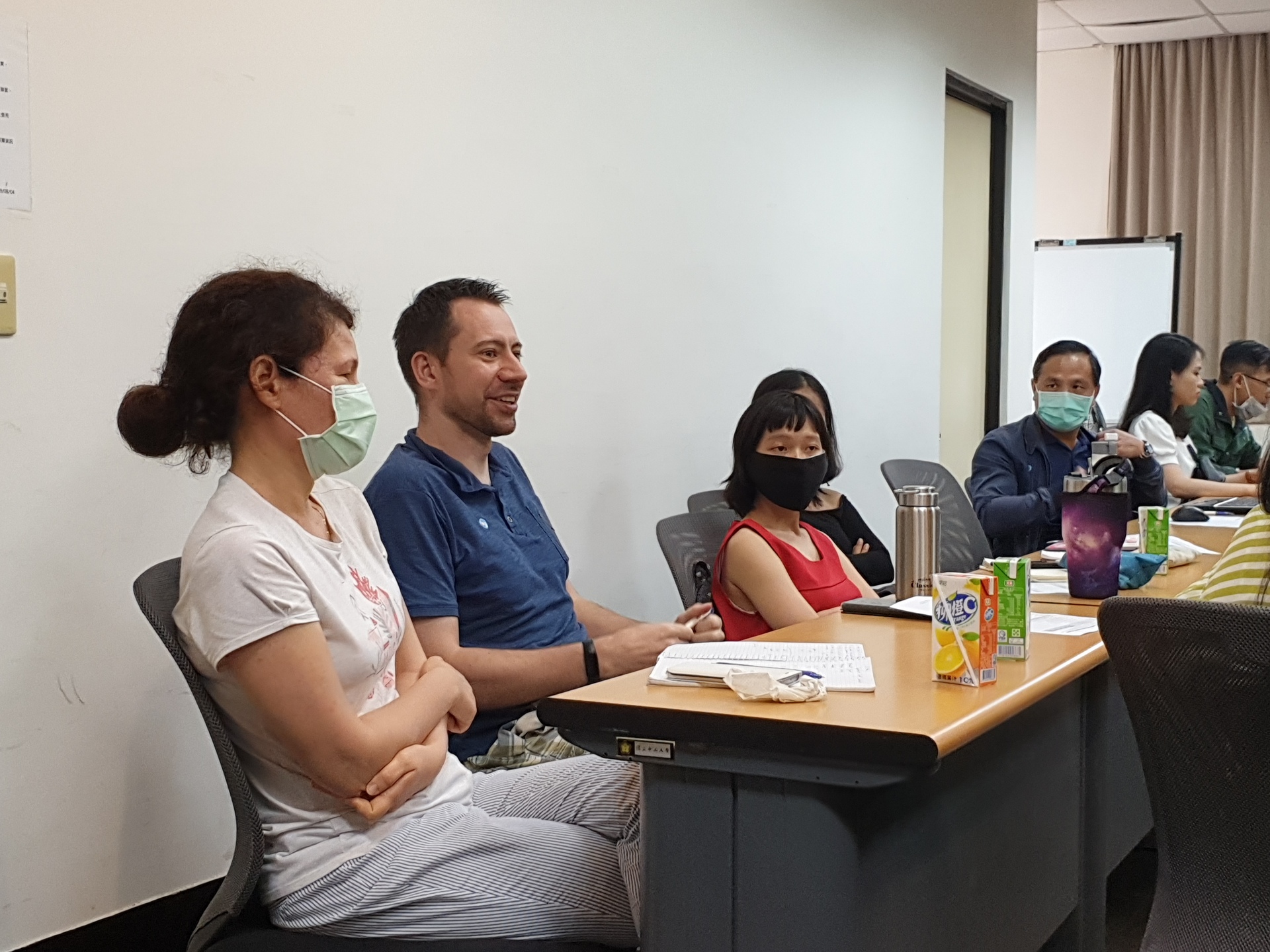
Attending International conferences is an important activity for all postgraduates. The International Relations (IR), College of Management, NSYSU, understands that many PhD students might experience some anxiousness while preparing for a conference, and also may be unsure of how to properly prepare. To help address these issues an experience sharing seminar was held by the IR and four PhD students were invited to discuss and answer questions about their experiences attending international conferences. At the beginning of the seminar Director of the International Relations Office, Professor Chien Yuan Sher, shared that it is a requirement for every PhD student to attend an international conference, principally because it is a valuable opportunity to meet and exchange ideas with other scholars. Though many students find themselves nervous and puzzled with the application process, Professor Chien stated his belief that this seminar could help students to prepare for future conferences. Many recent conferences have been forced to postpone, cancel, or change to an online format due to the ongoing concern surrounding COVID-19, but there should be more opportunities to attend conferences in person after the pandemic has been brought under control.
In the beginning of the seminar, PhD student Prasanthi Yepuru from the Department of Information Management shared her experience of attending the PACIS(Pacific Asia Conference on Information Systems) conference in Japan in 2018. According to Prasanthi, it is always a valuable experience to attend a conference because you can increase your awareness of new topics in your research field as well as build up your personal network, which may someday prove helpful in finding future co-authors or collaborators. Prasanthi reminded those who need to prepare a poster presentation for a conference to be sure to arrange different versions of the posters and get them printed with plenty of time to spare. As for the poster content, Prasanthi recommended to keep it simple and focus on making the design visually attractive. For students in Information Systems field, Prasanthi recommended a useful platform: https://aisnet.org/page/Conferences. Useful details about conferences can be found there. Last but not the least, Prasanthi recommended that everyone prepare a question list and actively participate in the conference, so as to receive in-depth information and have more direct feedback for your future research.
The second speaker, Benson Wang, is a PhD student from the Institute of Human Resource Management. Benson attended two conferences in 2018: IACMR and AOM. IACMR (International Association for Chinese Management Research) is the largest management seminar in Asia, and Benson had the opportunity to present his research. According to Benson, he tried to include Chinese elements in his slides so as to attract more attention from other scholars. Benson suggests that every PhD student define their research topic clearly, have concise points, and exercise good time management during their presentation. In this way, fellow scholars can easily follow your research and the following discussion will be more focused and productive. The other conference Benson attended was AOM (Academy of Management), the largest conference for management in the world. If attending such a big event, Benson encouraged students to carefully check the agenda of the conference beforehand, take note of the sessions that you are interested in, and try to attend as many events as possible. The first three days of the conference are the most crucial because they present the best opportunity to meet fellow scholars. According to Benson, there are two reasons to attend a conference. The first of these is functional: every PhD student can use this opportunity to promote their research. The second reason is practical: students can use the opportunity to build up their network in the research field. Benson encouraged every student to get ready to join upcoming conferences.
Jennet Achyldurdyeva from the Institute of Human Resource Management was the third speaker and she has attended many conferences including URAM (European Academy of Management) and AIB (Academy of International Business). Jennet explained the process of applying for a conference, raising funds, and preparing for the conference itself. Above all, Jennet encouraged students to choose the top conferences to attend and continue joining events for several years. Another important idea that Jennet tried to convey is to never feel disappointed if you get rejected from a conference, because there are always more opportunities in the future. Jennet used herself as an example. She was rejected by several conferences but received some suggestions from others and had chance to talk to other scholars, which helped her to improve her study. Furthermore, Jennet explained that different conferences have different regulations and agendas. The pace of conferences in the U.S. is fast, and participants need to illustrate their idea in about three minutes, whereas the focus of conferences in Europe is more about relationship-building. Regardless of which conference you attend, you need to be well-versed in your research so that you can seize every chance to acquire new insights and suggestions.
Andrew Argue from the Department of Business Management was the fourth speaker of the day, and he attended EGOS (European Group for Organizational Studies) in Edinburgh in 2019. According to Andrew, it takes about one year to complete conference preparation, and he encouraged students to be patient when going about the process. Taking himself as an example, he began to prepare for the conference in July 2018, got accepted by EGOS in February 2019, and attended the event in Edinburgh in July 2019. There are seven sessions which comprise EGOS, and the scholars are divided into groups according to the themes of their papers for discussion. Each member in the group not only has to discuss their own research, but also needs to review the paper of two other scholars. The process of EGOS is quite different than other conferences, and the audience was always eager to know more about how it was undertaken, so there was an ongoing discussion during Andrew’s talk. Andrew also demonstrated how to handle the MOST (Ministry of Science and Technology) platform for step by step fundraising, which was extremely helpful for the foreign PhD students.
At the end of the seminar, one student expressed his appreciation to the IR office and indicated that he had received many useful points during the seminar. Now he – and all the other students who attended - are more aware of what it takes to successfully prepare for and participate in an international conference.

